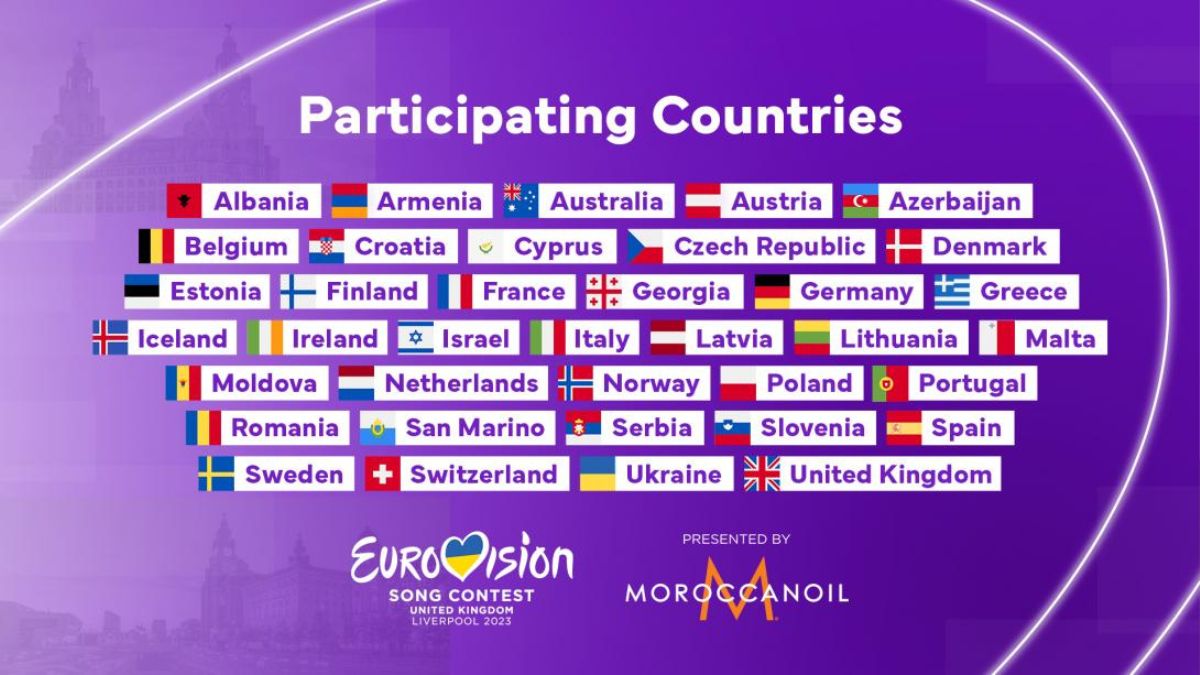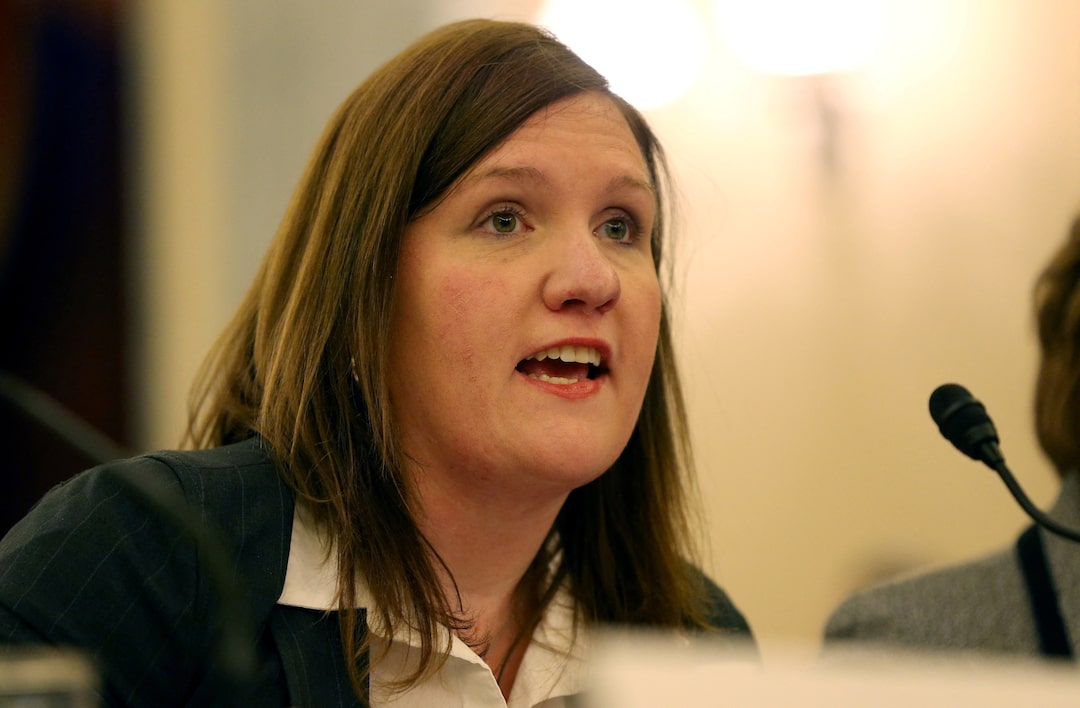Ban On Pride Flags At Eurovision: Reaction And Analysis

Table of Contents
Public Outcry and Social Media Response
The news of a potential Eurovision Pride Flag Ban ignited a firestorm of reaction on social media. The speed and intensity of the response demonstrate the significance of LGBTQ+ representation at the event.
Global Condemnation from LGBTQ+ Advocates and Allies
The swift and widespread condemnation on platforms like Twitter, Instagram, and Facebook was immediate and powerful.
- Numerous LGBTQ+ advocacy groups, such as GLAAD and Stonewall, released statements strongly criticizing any potential ban.
- Prominent figures in the entertainment industry, politics, and activism used their platforms to voice their concerns, generating widespread visibility for the issue.
- Hashtags like #EurovisionPride, #LGBTQEquality, and #NoPrideNoEurovision trended globally, showcasing the global nature of the opposition.
- The tone of the online conversation was overwhelmingly negative, expressing anger, disappointment, and a sense of betrayal. Many felt the potential ban was a step backward for inclusivity.
Supportive Voices and Counterarguments
While the overwhelming majority condemned the potential ban, some counterarguments emerged, though they were largely outnumbered and often lacked clear justification.
- Some voices argued that the focus should remain on the music, and not on political statements. However, many countered that LGBTQ+ identity is not inherently political, but rather a fundamental aspect of personal identity.
- Others expressed concerns about potential backlash from certain segments of the population in the host country. These concerns, however, did not justify the infringement on freedom of expression.
- It's important to note that these counterarguments were largely minority opinions and failed to outweigh the global call for LGBTQ+ inclusion at Eurovision.
Political Implications and Diplomatic Fallout
The potential Eurovision Pride Flag Ban carries significant political weight, impacting the host country's image and potentially triggering diplomatic tensions.
Impact on the Host Country's Image
A ban on Pride flags would likely cause significant damage to the host country's international reputation.
- It could harm tourism and economic opportunities linked to the event.
- The image of the host country could suffer, portraying it as intolerant and unwelcoming to the LGBTQ+ community.
- The diplomatic implications could extend beyond the host nation, influencing perceptions of the entire region.
Reactions from National Governments and Political Parties
The reactions from various governments and political parties ranged widely, reflecting diverse approaches to LGBTQ+ rights.
- Some governments openly supported the LGBTQ+ community and condemned the potential ban.
- Others remained silent, while some issued statements that were perceived as tacit approval of the restrictions.
- The issue quickly became politicized, with some parties using the controversy to advance their agendas, highlighting the complex intersection of LGBTQ+ rights and political maneuvering.
Eurovision's Stance and Future of Inclusivity
The EBU's response and the broader impact on the Eurovision Song Contest's brand and image are crucial aspects of this controversy.
The EBU's Official Response to the Controversy
The official statement from the EBU is paramount in understanding the organization's stance on this issue. (Note: This section should be updated with the actual EBU statement once released). Their commitment to inclusivity will be judged by their actions and words. A strong condemnation of the ban and a clear commitment to supporting LGBTQ+ artists and audiences is crucial.
Impact on the Eurovision Song Contest's Brand and Image
The controversy will undoubtedly affect the Eurovision Song Contest's brand and image.
- A perception of intolerance could lead to a decline in viewership and participation.
- Sponsors may reconsider their involvement, affecting the financial stability of the competition.
- The long-term implications could include a reassessment of the event's values and principles, potentially leading to reforms to ensure greater inclusivity in the future.
Conclusion
The controversy surrounding the potential Eurovision Pride Flag Ban demonstrates the immense importance of LGBTQ+ inclusion in global events. The overwhelming global condemnation highlights the powerful sentiment against any attempts to curtail LGBTQ+ expression. The potential economic, political, and social consequences of such a ban underscore the significance of inclusivity. The EBU's response and subsequent actions will be crucial in determining the future direction of the competition and its commitment to its diverse audience. This debate must continue. Continue the conversation, support LGBTQ+ rights, and demand an inclusive and accepting Eurovision Song Contest. Let your voice be heard against any attempts to curtail LGBTQ+ expression! Use hashtags such as #EurovisionPride, #LGBTQEquality, #EurovisionPrideFlagBan and #PrideInEurovision to share your support and contribute to the discussion.

Featured Posts
-
 Extreme Price Hike Broadcoms V Mware Deal Costs At And T 1 050 More
Apr 30, 2025
Extreme Price Hike Broadcoms V Mware Deal Costs At And T 1 050 More
Apr 30, 2025 -
 Nba Friday Night Celtics Vs Cavaliers Game Prediction And Betting Tips
Apr 30, 2025
Nba Friday Night Celtics Vs Cavaliers Game Prediction And Betting Tips
Apr 30, 2025 -
 Schneider Electric Launches Global Ai Partner Ecosystem For Ai Growth
Apr 30, 2025
Schneider Electric Launches Global Ai Partner Ecosystem For Ai Growth
Apr 30, 2025 -
 The Case Of The Fired Ftc Commissioners A Legal Reckoning
Apr 30, 2025
The Case Of The Fired Ftc Commissioners A Legal Reckoning
Apr 30, 2025 -
 Ace Power Promotions Boxing Seminar Date And Details For March 26th
Apr 30, 2025
Ace Power Promotions Boxing Seminar Date And Details For March 26th
Apr 30, 2025
